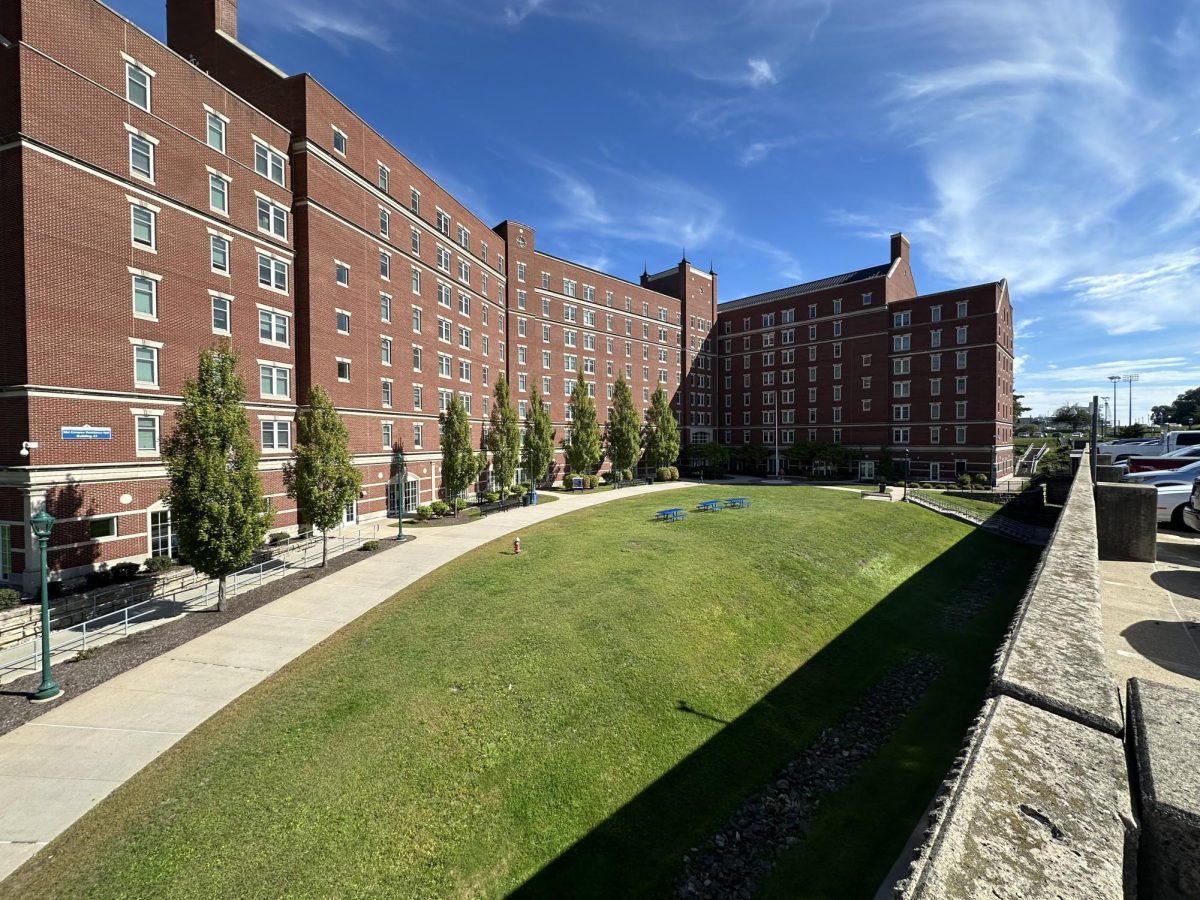By Melissa Traynor
Not enough space for student groups is a common complaint on campus.
The Muslim Students Association is a recent group to come forward to voice their concerns about space needs. They seek a common interfaith space – an established, open office or room where students can go to pray. They see it as a basic need met if they are able to pray in between classes in a free and designated location.
“Ideally we’d want somewhere like a meditation space… Based on what we’ve heard, for Muslims, it’s the most urgent need because we pray five times a day,” said Ala’a Alsaqri, MSA president.
They compare their need to that of other student groups that do have office space somewhere on campus.
“Some groups have multiple offices, like the LGBT office for example. They have two, but we deserve an office, too,” said Asma Shahid, the MSA’s secretary.
MSA, which meets weekly on Wednesdays in the student center, has between 10 or 15 regulars and up to 10 new students who stop by their meetings each week. Alsaqri said she knows of up to 50 Muslim students on campus, but believes there could be 100 or more.
Club officers said it is not uncommon for Muslim students to pray in their cars, open classrooms they find or in the library stacks to seek some privacy. Shahid said that the club has tried to arrange meeting spaces to sync with prayer times, but the diversity of the students’ schedules often makes it difficult.
Since Winter 2008-09, the MSA have attempted to collaborate with other faith organizations on campus, including Hillel and the Christian Students at Central, in order to lobby for an interfaith space dedicated to meeting and prayer.
“The point of those dialogues is to show people on campus that students need a space here for prayer and spirituality,” said Alsaqri. Shahid explained that the collaboration has since dropped off and the MSA is largely the only faith group still asking for space.
They have also tried to work with the Christian groups associated with the Newman House on Paul Manafort Drive. The groups have offered the MSA prayer space, but they are often hesitant to accept and do not want to impose on space that does not belong to them, Shahid said.
She explained that representatives of each group have sought out administrators to speak with about their space needs and boards on campus with the power to appropriate space. Alsaqri said they met with Interim VP of Student Affairs Laura Tordenti and Susan Sweeney, assistant director of Student Activities/ Leadership development.
So far, the group has two leads: approach the university Facilities Planning Committee and the Student Union Board of Governors. Alsaqri said she stopped by the committee’s meeting last week, but is still trying to get the MSA scheduled and onto an agenda. She has not made contact with SUBOG, but plans to.
Though the MSA are not specifically looking for a room in the student center, they acknowledge that an office of room there would be most convenient for students. Space in the center has not been re-evaluated for student club use since May 2008, during which changes were made in four offices to accommodate different use and student organizations.
The only new addition since May 2008 is the Lesbian, Gay, Bisexual and Transgender Center located on the third floor in the drum of the south side of the student center.
“SUBOG has not been contacted officially about the space issues with the Muslim Student Association, however myself, and several others from both the Student Center and SA/LD are aware of the issue and are working toward a solution,” SUBOG chair Kelley Fournier wrote in an email to The Recorder.

